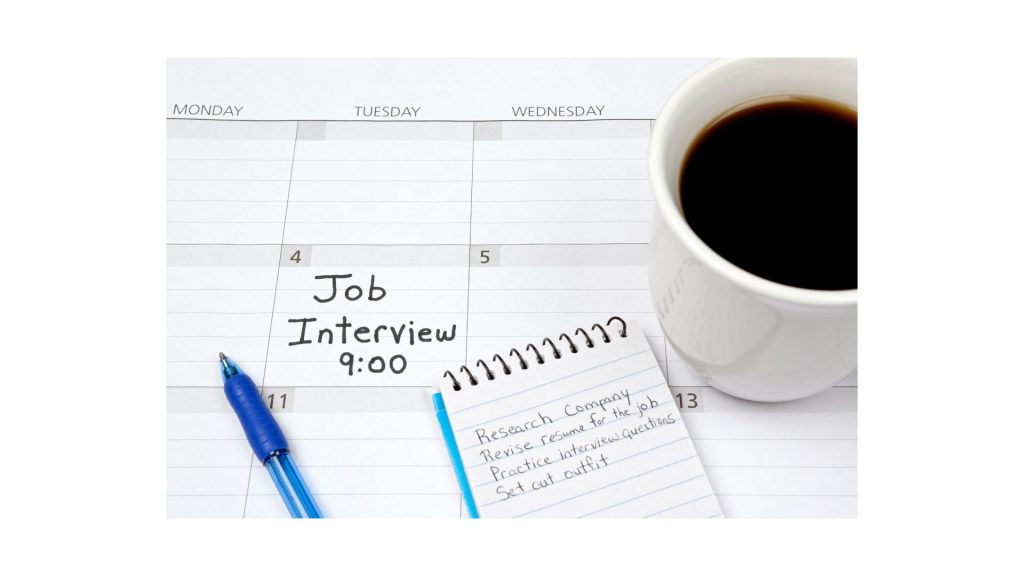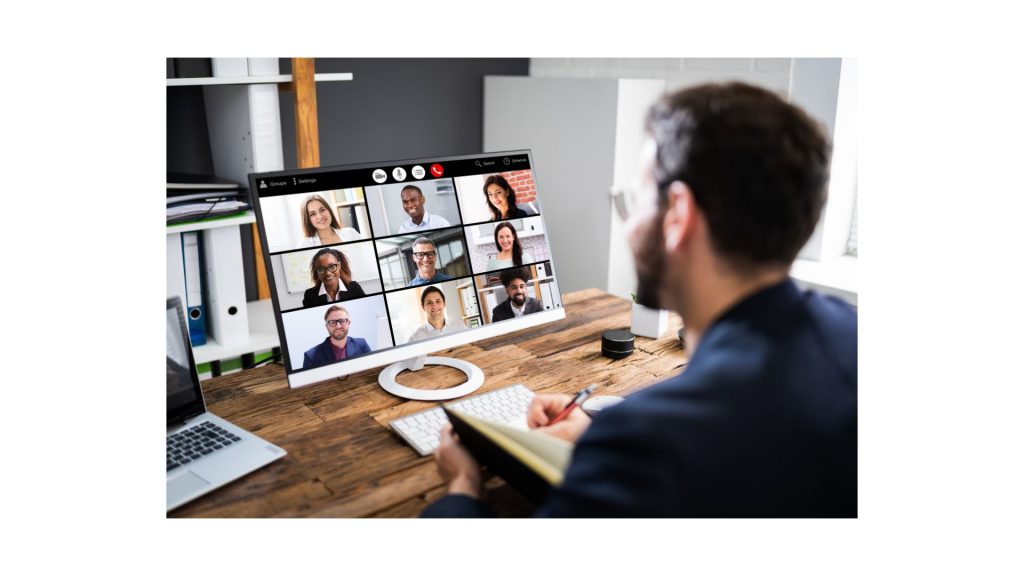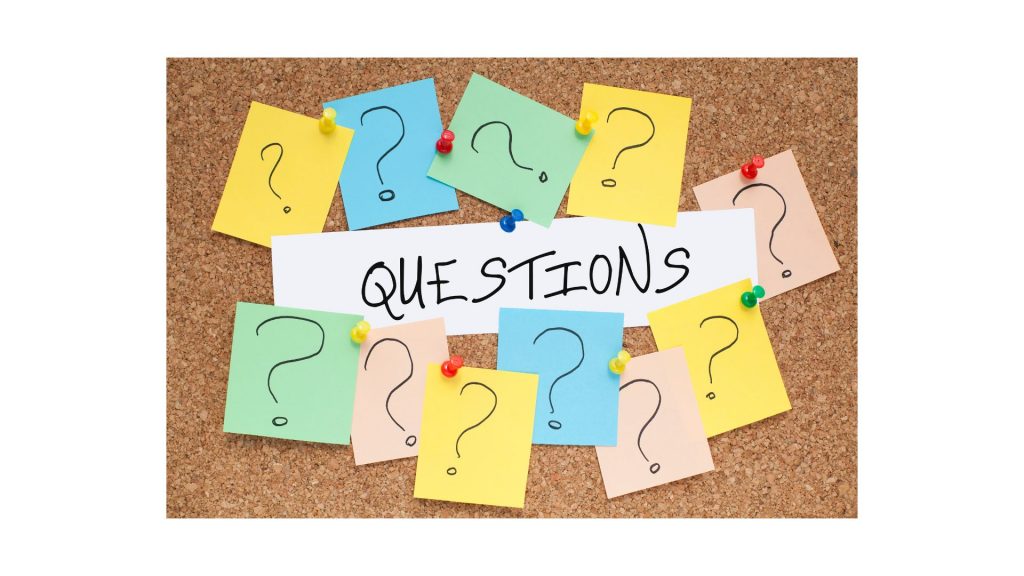The interview is the ultimate opportunity to stand out by showing your skills and qualities. It requires preparation, but it is the key to making your application shine.
The interview is usually the first step in the hiring process. This first interview may be your only interview or it may be the first step in a sequence of interviews. The number of interviews to be conducted is determined by the employer and the company’s industry. You may be required to do an in-person interview, a telephone interview or a video conference.

Forms of interviews
Recruiters virtually have carte blanche when it comes to choosing their interview style. Here is a list of the main interview formats used by recruiters.
The one-time interview
This is used when the employer is able to make a decision quickly after a single meeting.
The consecutive interview
This is the case when the same employer calls you in for an interview more than once before making their final choice. It can also be the case when a placement agency makes you go through the first interviews before you meet the potential employer.
The Interview before a selection committee
During an interview, the people conducting the interview each have a say in the selection of the ideal candidate. Some members are present to take notes on your non-verbal behavior and your answers, while others take turns asking questions.
The phone interview
This form of interview is a cost-effective way for the employer to make initial contact with you and obtain some information. When everything goes well, it usually ends with the offer of an in-person interview.
The situational interview
This style of interview is generally used when the employer is looking to assess your skills through problem-solving.
The group interview
Employers often use this type of interview for management or supervisory positions. Several people are invited to the same interview where you will be presented with situational scenarios. This is particularly useful in assessing your leadership and teamwork skills.

How to make a good impression during the interview process
It is essential to be well prepared for your interview in order to have the best chances of success. Here are a few tips that will help you distinguish your application from those of other candidates and land the job you want.
Before the interview :
- Avoid wearing overly extravagant jewelry, clothing, and strong perfumes. Remove your hat or cap. Avoid chewing gum. Turn off your cell phone.
- Prepare questions in advance that your potential employer can answer towards the end of the interview
- Arrive on time. It is even better to arrive 5 or 10 minutes early.
During the interview :
- When you arrive, greet the people who have called you for the interview. Take the time to introduce yourself and give them a good handshake.
- Take it seriously, but don’t forget to smile. Speak slowly and clearly. If you think you are speaking too slowly, your delivery is probably appropriate.
- Stay calm and collected. Be confident. This will give the interviewer the impression that you are in control of the situation.
- When asked questions, look the interviewer in the eye and take a few moments to think through your answers. This small delay shows your future employer that you have taken the time to think before answering. Listen carefully to the questions and don’t hesitate to ask the interviewer to repeat or explain further if you don’t understand.
- Show your enthusiasm. Emphasize your skills and strengths.
- If it’s a phone interview, act as you would if you were in person. Smile! Even if the interviewer can’t see you, they can pick up on your tone of voice.

After the interview :
- This is the time to ask the questions that you have carefully prepared in advance. It is also an opportunity to demonstrate your interest in working for the employer and the position.
- Here are some questions you might ask want to ask your potential employer:
- Why do you want to hire someone?
- How many employees are part of the team?
- What is your vision of the ideal candidate for the position?
- When can I expect to hear from you?
- Before you leave, be sure to greet and shake hands with those who interviewed you.
- Following up after the interview is necessary whether you get the job or not. If the employer has given you a specific callback date, make sure you are available and have your phone near you. If you haven’t heard back by the end of the day, you can try to contact them to follow up.
- When you have not received any indication of a response from the employer, allow two weeks before following up.
- Take the time to send a thank you letter or email. It could make the difference between your application and others.
How to make a good impression at the interview
Typical interview questions

- Why did you leave your previous job?
- Why do you want to work for us?
- What are your strengths?
- What do you need to improve?
- Why should we hire you?
[See the complete guide to typical interview questions by clicking here].
To summarize
Here’s what you need to remember when you are called for an interview:
Complete the process in a serious manner.
-
- Research information about the potential employer
- Practice answering questions
- If the interview is by videoconference, take a moment the week before the interview to test the links that have been sent to you
- Demonstrate your enthusiasm
- Follow up after the interview

